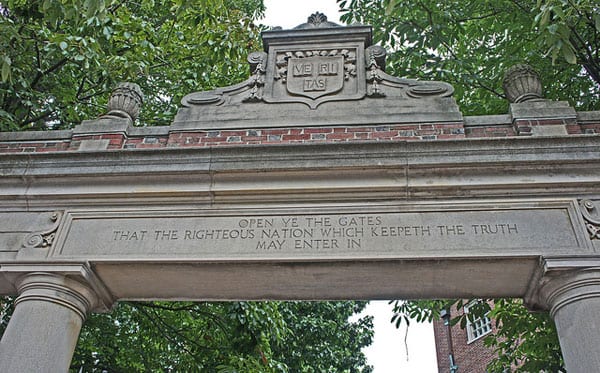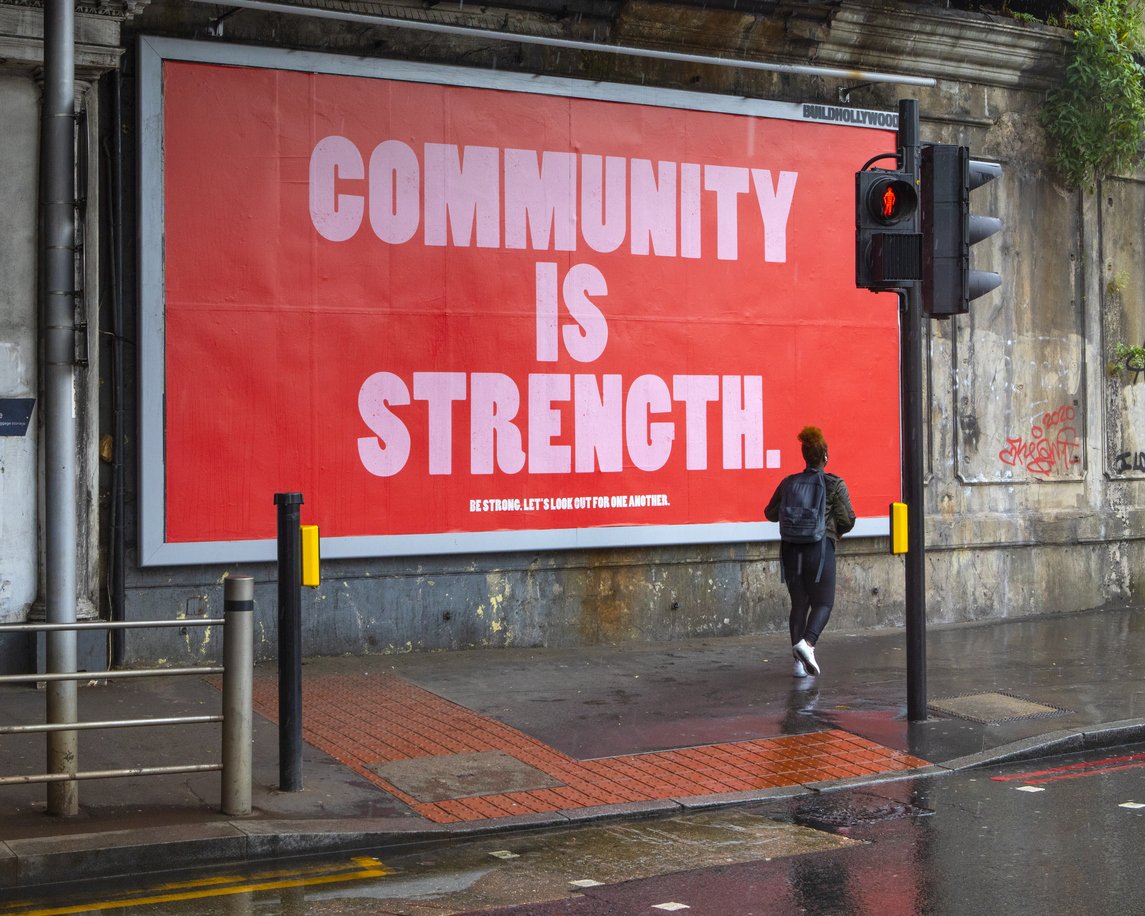
January 8, 2019; Chronicle of Higher Education
For over two years, Harvard University has been struggling with how to manage reports of unacceptable behavior by members of select social organizations. Last year, the college implemented severe policies meant to discourage membership in any single-sex organizations, but it seems the rules have not had their intended effect.
Fraternities, sororities, and “finals clubs” are not technically under the aegis of the college, but they are Harvard-affiliated. Basically, they are open only to Harvard students and operate on and around campus, but they’re not subject to university governance. That presents a challenge for administrators hoping to influence their activities.
Sarah Maslin Nir at the New York Times wrote that Harvard has periodically attempted to influence or shutter the clubs, with little success. In 1984, given a choice between allowing women into the clubs and losing recognized status as Harvard affiliates, the clubs chose to lose their recognition.
A few years ago, a report on student life inspired another round of action by the university. Maslin Nir writes,
A 2015 survey of several universities by the Association of American Universities found that by the time they were seniors, 47 percent of Harvard women who had participated in final club activities had experienced unwanted sexual touch, compared with 31 percent schoolwide.
It’s not uncommon to find that participants in single-sex social clubs on university campuses are subject to higher rates of sexual assault and incidents where toxic masculinity and the immunity of privilege intersect to cause danger for students. Andrew Moisey’s recent book forces readers to examine the ways in which these environments, which often incubate future leaders, fail to teach intersectionality or responsibility.
After months of debate about how to control behavior in these settings, since they can’t police organizations they don’t officially recognize, Harvard imposed a choice on its students last year: If they remain members of any single-sex social organizations, they cannot hold leadership positions on campus, captain athletic teams, or be eligible for university endorsement for prestigious postgraduate scholarships like the Rhodes or the Marshall.
Sign up for our free newsletters
Subscribe to NPQ's newsletters to have our top stories delivered directly to your inbox.
By signing up, you agree to our privacy policy and terms of use, and to receive messages from NPQ and our partners.
The stated goal of faculty in pursuing these policies is not clear. According to the Harvard Crimson, “Harvard administrators have twice revised their stated rationale for a social group policy since [former Harvard President Drew Gilpin] Faust announced the sanctions, shifting the focus from sexual assault prevention towards the elimination of gender discrimination, and then towards preventing all kinds of discrimination.” Is that a shift based on perceived achievability, a response to community wishes, or something else?
While the obvious target of these policies were the all-men’s finals groups and fraternities, those groups have mostly continued to operate. They have extensive, entrenched alumni networks and national affiliates that support their members even without the privileges Harvard has revoked. It’s the newer women’s groups, sororities, female-only finals clubs, and other, less prominent single-gender groups that have closed. And while there’s an argument to be made that disincentivizing Greek life is in the interest of students, it seems the university has not addressed single-sex groups that intend to provide necessary safe spaces, or clarified for LGBTQ+ organizations what constitutes “single-sex.”
Many women who had been members of such communities were incensed that they were being punished in what they saw as an effort to protect them. A guest post from 23 women posted on the blog of Harry Lewis, a former Dean of Harvard College, reads, “women’s protests, begging for Harvard to hear them, marching in unity, have been met with the response that women groups are unfortunate collateral damage for a more noble cause—this cause of protecting them.”
But the current Dean of the College, Rakesh Khurana, sees it differently. In a letter to then-university president Faust, he wrote, “In their recruitment practices and through their extensive resources and access to networks of power, these organizations propagate exclusionary values that undermine those of the larger Harvard College community.”
About the proposed regulations, he said, they are “focused exclusively on decisions belonging to the College about what it funds, sponsors, endorses or otherwise operates under its name.”
It’s not up for debate that the “finals clubs” encourage elitism. In 1958, Kenneth Auchincloss wrote in The Crimson, “Harvard’s Final Clubs represent a fascinating and probably unique attempt to preserve, in an American college, the standards of ‘gracious living’ and a slowly withering ‘aristocracy.’” The clubs and fraternities not only provide crucial networks, they teach the behavior and affects that will later make members a good “culture fit” in prestigious organizations.
But propagating exclusionary advancement and the eagerness of students to be the ones who profit from those opportunities is not something that can be fixed by banning same-sex clubs, or close to it; it’s a cultural issue, one the University as a whole must grapple with. It’s not clear that the new policies have made inroads in that respect.—Erin Rubin











